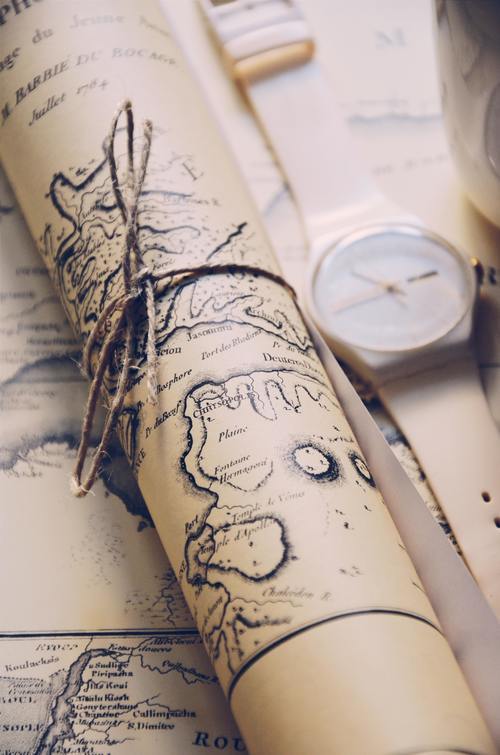
New Zealand and the Europeans
It is recorded that the first arrival of a European in New Zealand took place in 1642 when Abel Tasman, the Dutch explorer, reached New Zealand shores. He was responsible for charting the North Island’s west coast. However, his visit was notable for the fact that he never actually walked on land here. He simply went back to Batavia when his trip was done.
It was then left to James Cook, the British explorer, to take more of an interest in New Zealand. He arrived in 1769 for the first time and did visit the country on a further two occasions in his career. He became the first European to sail all around the islands and he was also responsible for mapping the country too. It was due to his work that New Zealand began to attract other explorers, along with traders and missionaries.
The Treaty of Waitangi proved to be a key turning point in the nation’s history. It was an agreement between the Maori people and the British, signed in 1840, which made the country part of the British Empire. However, this did not work out as planned for the Maori people. More and more British and other European settlers arrived, bringing with them infectious diseases and demands for land. The Maori people fell into impoverishment as a result. It was in the 1950s that greater recognition of the Treaty was achieved, after protests from the Maori people following further changes in their culture and lifestyle.
The British imposed a government in New Zealand in the 1850s and the New Zealand parliament was set to be one of the most progressive of its time. It was one of the first to introduce pensions for the elderly and the vote for women, and over time it developed a comprehensive welfare state.
New Zealand was also a very active part of the British Empire. During World War I it is estimated that 100,000 New Zealanders helped to defend Europe. The country was also a signatory to the Treaty of Versailles at the end of the war and joined the League of Nations. The support for their European counterparts was also evident in World War II where 120,000 New Zealanders signed up to fight, helping the Allies in both Europe and the Pacific.
By ellie
- 28, Oct, 2022
- 0 Comments
